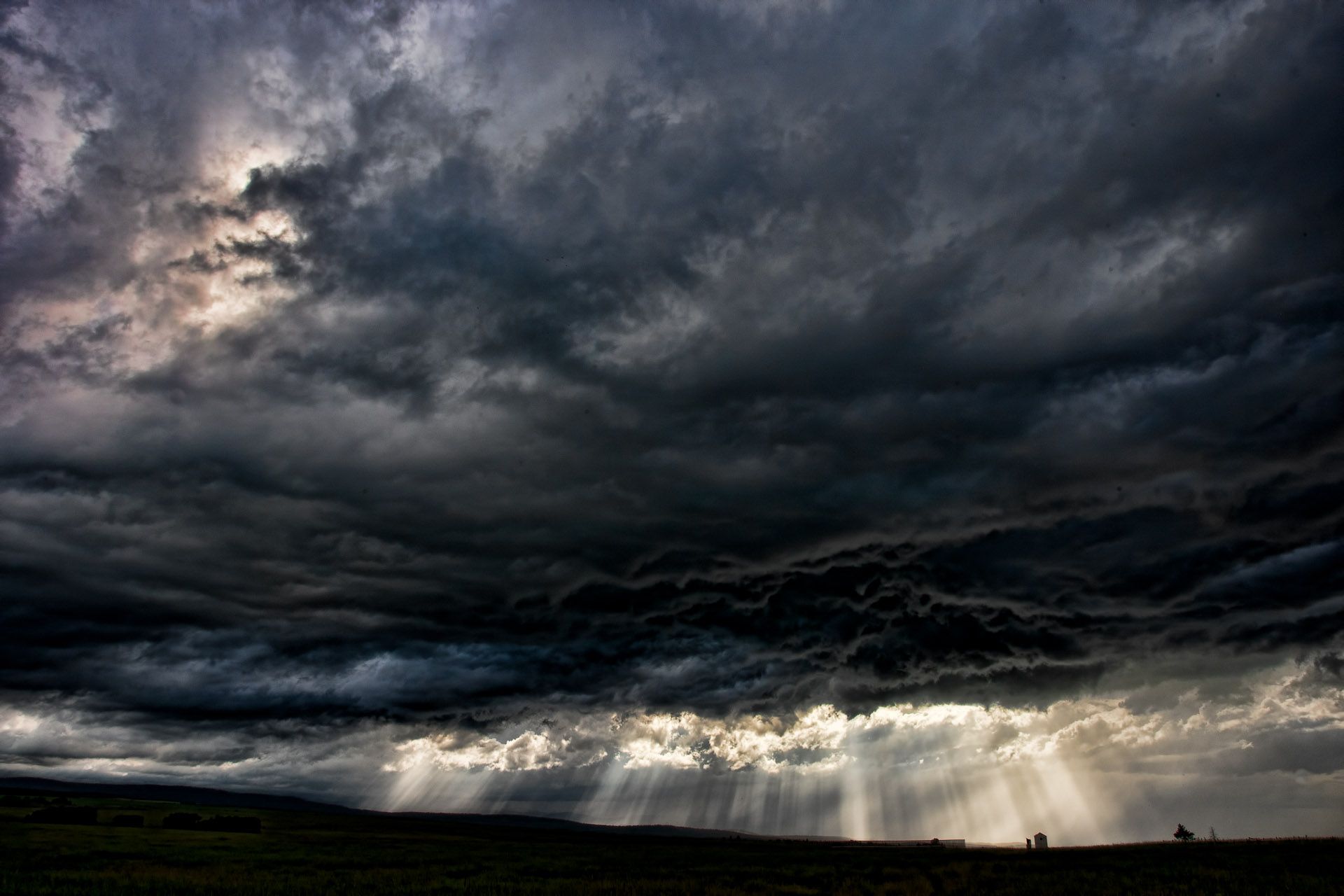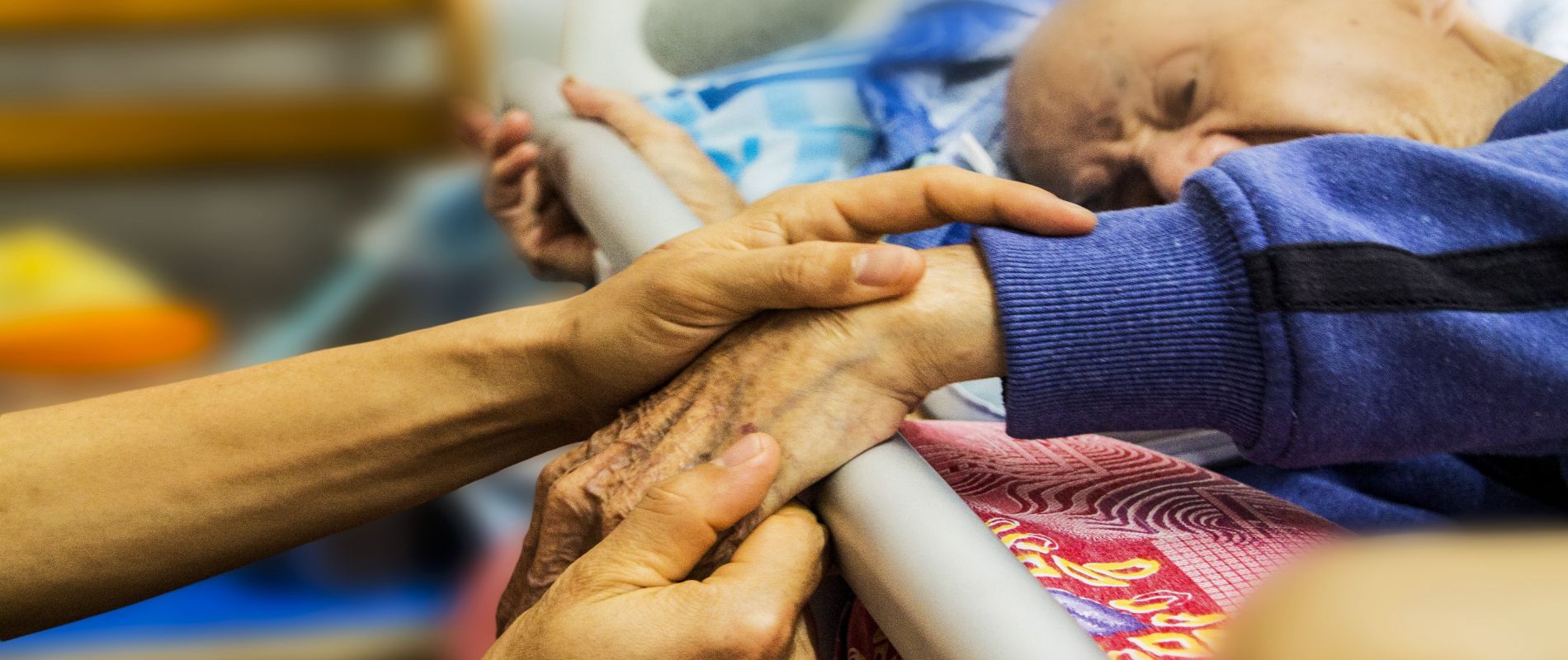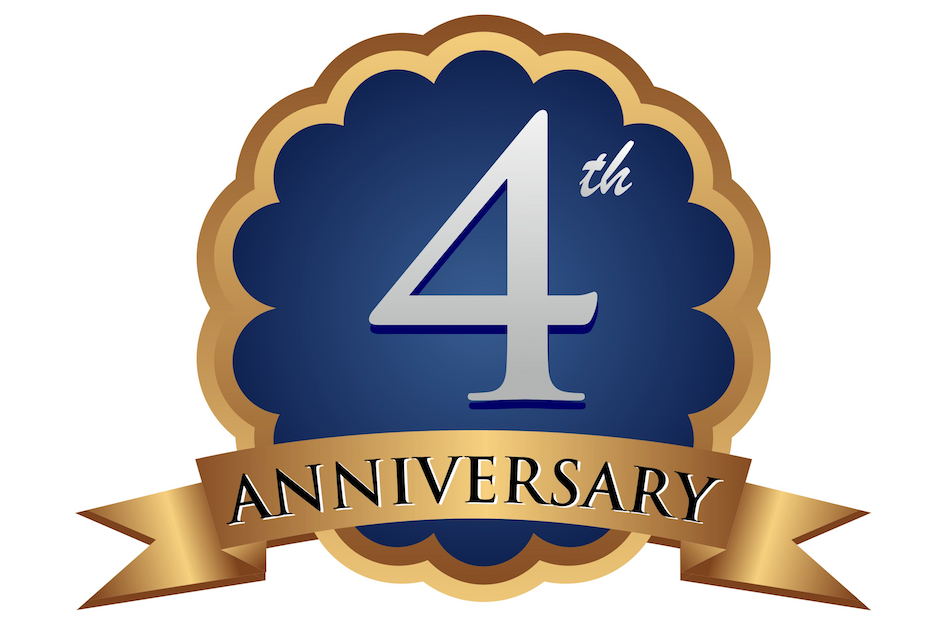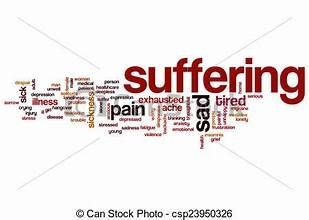It was a perfectly beautiful night for a walk. I especially enjoy my two mile walks since my cancer surgery.
But the bliss from the colors of sunset, a perfect temperature, calm from still air punctuated by the beauty of summer blooms was interrupted by screaming sirens.
Two police cars, close to each other sped with sirens blaring near where I was walking. I could hear their engines rev as they exited the intersection. In a minute, more sirens and another police car with the same urgency.
I was walking on a college campus, quiet in the summer with most students home, and I happened on a security guard making his rounds. "What's going on down town?"
The security guard replied, "I heard on the radio that a guy is beating a girl with a baseball bat." We looked at each other with unspoken expressions of sadness, concern, frustration and shock. "This type of thing is happening a lot more than it used to."
I don't feel qualified to deal with anger that reaches this level of violence and destruction. But this horrific assault on a woman happened a few miles from where I live and go to church. It may have happened to someone that I pass in the grocery store or the perpetrator might have waited on me somewhere in this quiet little town where I live.
Maybe this could have been prevented if someone with emotional intelligence, or a church with a ministry to those with hurts, hang-ups and habits, like Celebrate Recovery, would have known how to help a person find healing from wounds in the past or at least feel that someone learned their story, cared about their pain and spoke worth into their life.
Anger expressed in this way began much earlier. I do not know the full story of this event, but it causes me to realize that I do need to understand, the roots and causes of anger and how it escalates in human behavior and what I need to do to minister to people who are struggling with anger. The tsunami of grief post Covid will be accompanied by waves of anger. This storm has been brewing for a long time.
"When people feel angry it is because they believe they are being treated unjustly or unfairly. Most people have a strong inner sense that they deserve to be treated respectfully. When they aren't treated with respect, they naturally feel angry." (Stephen Ministry Training Manual, Module 6, Assertiveness Relating Gently and Firmly. p. 70 See also, Speaking the Truth in Love, Ruth N. Koch & Kenneth C. Hauck.)
Professionals trained by the Crisis Prevention Institute in Nonviolent Crisis Intervention have awed me as I observed them work in volatile situations in a psychiatric hospital.
But, we do not need to have the level of training that a Crisis Intervention Police Officer has or a Mental Health Professional has to make a difference in a culture that is emotionally charged with anger.
If you devote part of your efforts to studying anger, along with grief and depression, so that you are informed (do not need to be an expert) about this subject, you will find that your compassion, expressed by presence in a person's life to ask questions, learn their story, validate them and help them feel respected, you will meet a growing need in our culture and prevent horrific acts of anger.
The value of what you do is beyond measure.
What you do matters!
Your life matters,
Chaplain Dan
Rev. Daniel R. Hettinger
303.905.0478












